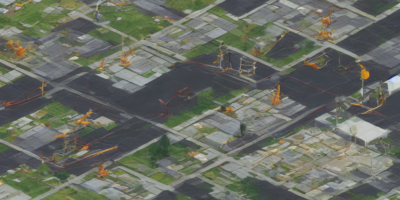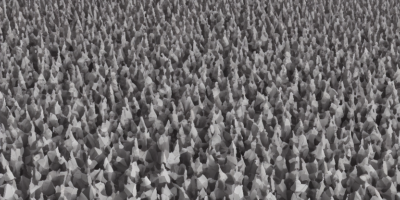Deep reinforcement learning (DRL) is a powerful tool for optimizing complex systems, like telescopes. In this article, we’ll explore how DRL works and why it’s particularly well-suited for offline datasets. We’ll also discuss the limitations of DRL and how to overcome them.
The RL Paradigm
Imagine you’re a telescope operator, tasked with maximizing your observations of celestial bodies. The environment (the universe) responds to your actions (telescope settings) by providing rewards (quality of observations). Your goal is to learn the optimal settings for the best possible observations. This is the reinforcement learning (RL) paradigm.
The DQN Agent
In this context, a deep Q-network (DQN) agent learns to make the best decisions by gathering experience from an offline dataset. The agent observes the current state of the environment, selects an action (telescope setting), and receives a reward based on the quality of the observation. The agent then updates its knowledge of the Q-function (value of each action) to improve future decision-making.
Hyperparameter Tuning
To optimize DQN performance, it’s crucial to find the right balance between hyperparameters like discounting factor (γ), learning rate (η), and batch size. In this study, a 0.8 γ, 0.001 η, and batch size of 128 emerged as the most influential combination.
Offline Datasets
DRL methods like DQNs are particularly well-suited for offline datasets, which have limited data. This is because value-based methods like DQNs are sample-efficient and can learn from a smaller number of experiences. In contrast, policy-based methods require more data to achieve optimal performance.
Limitation and Overcoming
While DQNs outperform other classes of methods on this specific dataset, they can be limited by their inability to adapt to changing environmental conditions. To overcome these limitations, the authors propose using techniques like experience replay, which stores past experiences in a buffer for later use, and target network, which uses the most recent experiences to update the Q-function.
Conclusion
In conclusion, DQNs are powerful tools for optimizing telescope control. By understanding the RL paradigm, hyperparameter tuning, offline datasets, and limitations, we can unlock their full potential. With experience replay and target networks, we can overcome the challenges of adaptability and improve the overall performance of DQNs in this domain.



